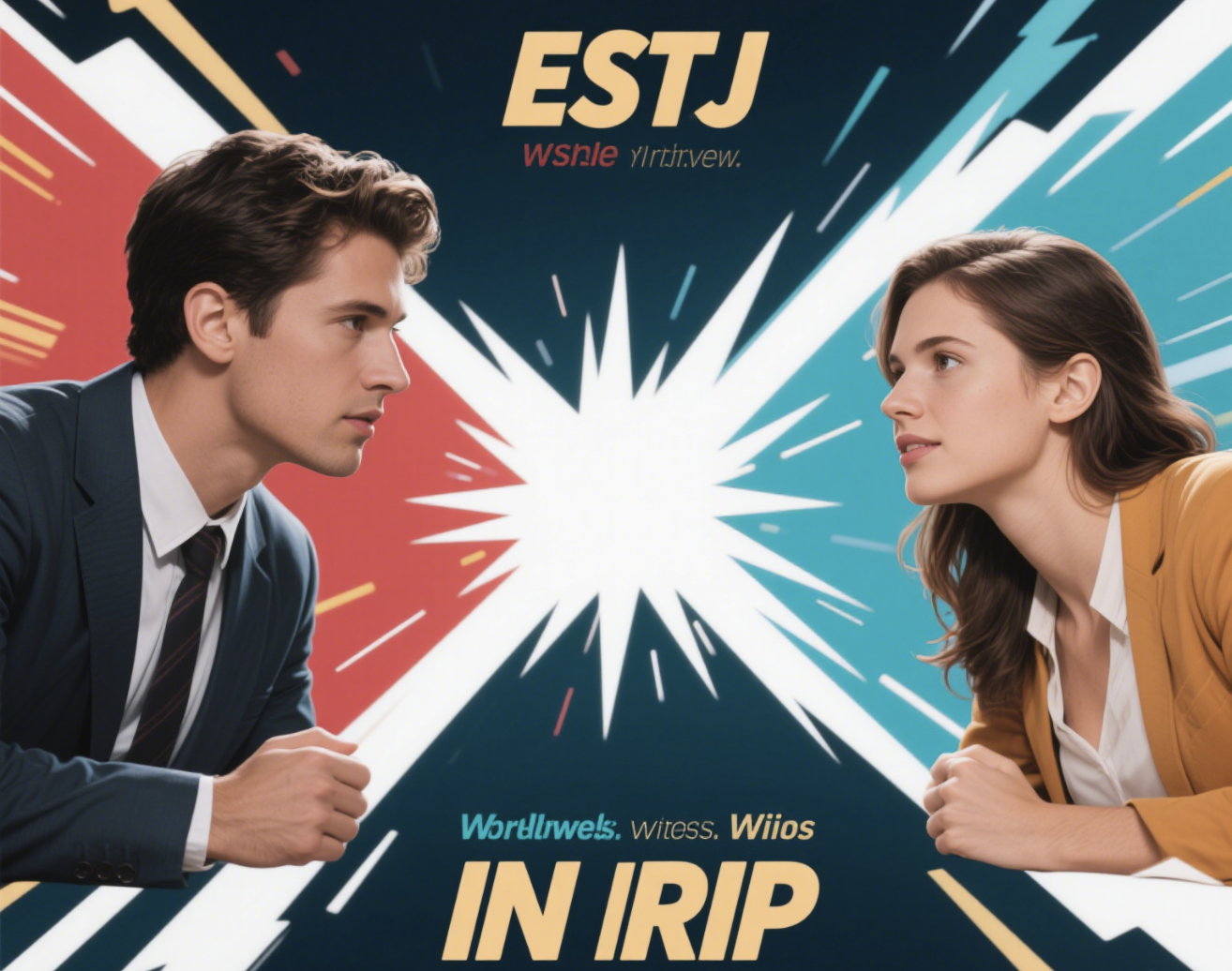ESTJ vs. INFP: Clash of Worldviews – Who Wins in Career and Life?

ESTJ vs. INFP: A Battle of Logic and Idealism
The Myers-Briggs Type Indicator (MBTI) reveals profound differences in how personalities navigate conflict, ambition, and social norms. Among the most striking contrasts is the divide between ESTJs (The Executors) and INFPs (The Idealists)—a clash of pragmatism versus empathy, structure versus fluidity.
1. ESTJs: The Unapologetic Realists
ESTJs thrive on order, efficiency, and tangible results. Their worldview is rooted in hierarchical fairness: life is competitive, and success belongs to those who play by its rules.
Direct Communication
ESTJs dismiss emotional appeals (e.g., “life is unfair”) as unproductive. Their stance is transactional: “If you disagree, prove your point through action—not rhetoric.” This explains their blunt approach to debates like gender roles.
Meritocracy Over Victimhood
Unlike incel rhetoric, ESTJs don’t dwell on perceived disadvantages. They acknowledge systemic biases but focus on adaptation—e.g., “Women face hurdles, but complaining won’t change pay gaps; outperforming will.”
Controversial Stances
Their utilitarian views (e.g., on surrogacy or transactional relationships) often spark outrage. But to ESTJs, these are logical conclusions of an unequal world—not endorsements of it.2. INFPs: The Advocates for Change
INFPs reject ESTJ pragmatism as heartless. Their core values—authenticity, equality, and compassion—fuel their resistance to rigid systems.
Moral Absolutism
Where ESTJs see “how things are,” INFPs demand “how things should be.” They’ll challenge surrogacy debates or gender pay gaps as ethical failures, not inevitabilities.Conflict Avoidance vs. Ideological Warfare
INFPs dislike direct confrontation (unlike ESTJs). But when their values are attacked, they’ll wage philosophical battles—often through writing, activism, or coalition-building.3. Career Implications: Who Thrives Where?
ESTJs dominate structured fields: corporate leadership, law enforcement, or finance. Their decisiveness earns respect but can alienate teams craving empathy.
INFPs excel in creative or humanitarian roles (counseling, arts, NGOs). Their idealism inspires change but may struggle in cutthroat industries.
4. Bridging the Divide
For ESTJs: Leverage INFPs’ emotional insights to humanize policies.
For INFPs: Adopt ESTJ tactical thinking to turn ideals into actionable plans.
Final Verdict: Neither type is “right”—but understanding these differences is key to workplace harmony and personal growth.
ProMbti helps you decode personality clashes and align careers with your innate strengths. Take our free assessment to unlock your potential.




